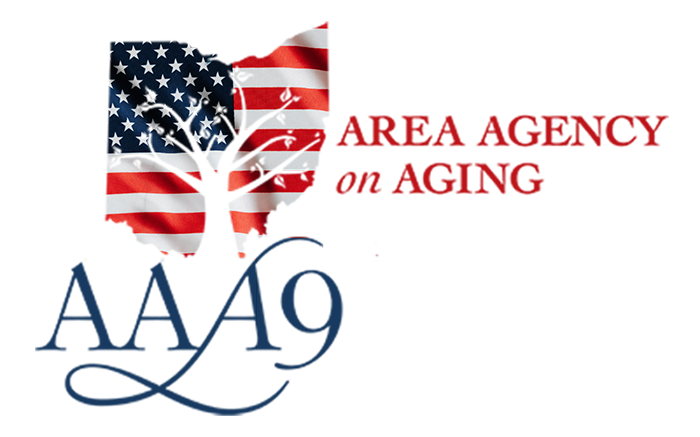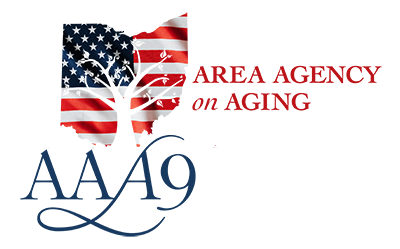Adminisration for Community Living
Administration on Aging(AoA)
The Administration on Aging (AOA) is the principal agency of the U.S Department of Health and Human Services designated to carry out the provisions of the Older Americans Act of 1965 (OAA), as amended (42 U.S.C.A. § 3001 et seq.). The OAA promotes the well-being of older individuals by providing services and programs designed to help them live independently in their homes and communities. The Act also empowers the federal government to distribute funds to the states for supportive services for individuals over the age of 60.
Office of Supportive and Caregiver Services
For over 35 years, the AoA has provided home and community-based services to millions of older persons through the programs funded under the OAA. Services provided using AoA funds include, but are not limited to transportation, adult day care, caregiver supports and health promotion programs.
Office of Nutrition and Health Promotion Programs
The Office of Nutrition and Health Promotion Programs (ONHPP) manages health, prevention, and wellness programs for older adults. This includes behavorial health information, chronic disease self-management education programs; diabetes self-management, disease prevention and health promotion services “Title IIID” falls prevention programs; HIV/AIDS education, nutrition services, and oral health promotion.
Office of Elder Justice and Adult Protective Services
The Office of Elder Justice and Adult Protective Services manages the operation, administration, and assessment of the elder abuse prevention, legal assistance development, and pension counseling programs funded through the Older Americans Act and leads the development and implementation of comprehensive Adult Protective Services systems in order to provide a coordinated and seamless response for helping adult victims of abuse and to prevent abuse before it happens. Also implements and coordinates innovation and demonstration activities, and develops standards to improve delivery and effectiveness of such services, and provides support for the Elder Justice Coordinating Council.
Office for American Indian, Alaska Natives and Native Hawaiian Programs
In 1978, the OAA was amended to include Title VI which established programs for the provision of nutrition and supportive services for Native Americans (American Indians, Alaska Natives and Native Hawaiians) the program has since expanded to include caregiver support services. Eligible Tribal organizations receive grants in support of the delivery of home and community- based supportive services for their elders, including nutrition services and support for family and informal caregivers.
Office of Long-term Care Ombudsman Programs
The AoA Long Term Care Ombudsman Program began, as a demonstration program, in 1972. With funding from Titles II and VII of the OAA and other resources, Ombudsman programs operate in all states, the District of Columbia, Puerto Rico and Guam. Each state has an Office of the State Long-Term Care Ombudsman, headed by a full-time state ombudsman. As part of statewide ombudsman programs, thousands of local ombudsman staff and volunteers, assist residents and their families by providing a voice for those unable to speak for themselves.
Older Americans Act and Aging Network
To meet the diverse needs of the growing numbers of older persons in the United States President Lyndon Johnson on July 14, 1965, signed into law the Older Americans Act (OAA). The OAA set out specific objectives for maintaining the dignity and welfare of older individuals and created the primary vehicle for organizing, coordinating and providing community-based services and opportunities for older Americans and their families. An unofficial compilation of the OAA, as amended in 2006, is available below along with historical and current information about the OAA, and a link to National Aging Network information (State Units on Aging and Area Agencies on Aging).

